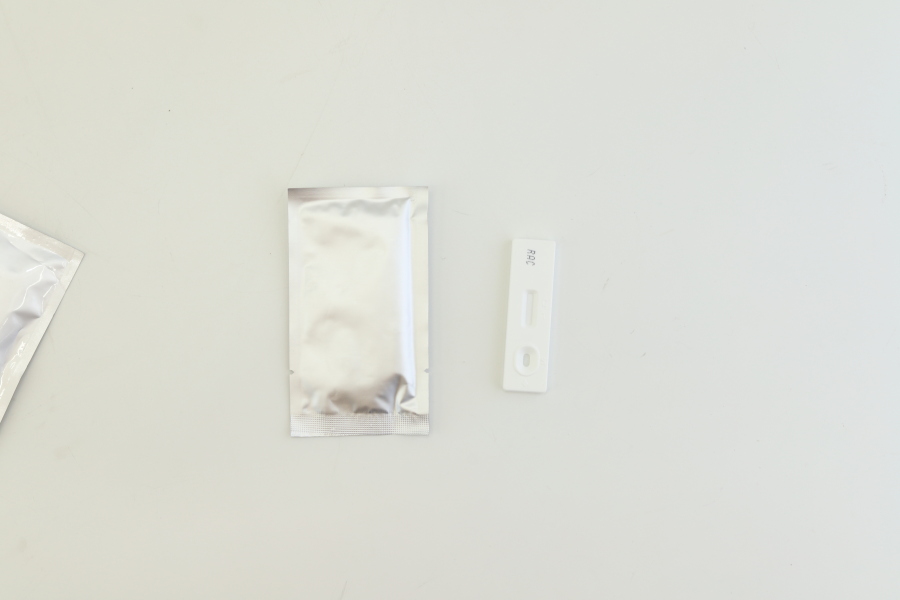Phosphorus phthalate colloidal gold rapid detection card is a rapid detection product specially used to detect phosphorus phthalate residues in food, developed based on colloidal gold immunochromatography technology. Its core principle is to use colloidal gold-labeled phthalate antibodies to undergo specific immune reactions with phthalate antigens in the sample, develop color on the detection line and quality control line through chromatography, and finally judge the presence and content of phthalate in the sample according to the color development.
As a practical tool in the field of food safety testing, the methylphosphorus colloidal gold rapid detection card has significant characteristics: first, the detection speed is fast, usually 10-15 minutes to produce results, without waiting for complex laboratory processes; second, it is convenient to operate, without the need for professional equipment and complex operation steps, ordinary personnel can get started after simple training; third, it has high sensitivity, can reach the ng-level detection limit, and can accurately identify low-concentration residues; fourth, it is portable and small in size, suitable for on-site sampling and testing, such as rapid screening in fields, farmers markets and other scenes.
In terms of application scenarios, the detection card is widely used for rapid screening of methylphosphorus in agricultural products (such as vegetables, fruits, grains), soil and other substrates. Phosphorus is a highly toxic organophosphorus pesticide, which has been restricted by many countries due to high residue risk. Its residue will cause harm to human health, so rapid detection is essential to ensure food safety. Compared with traditional detection methods (such as gas chromatography, liquid chromatography), phosphorus colloidal gold rapid detection card can greatly shorten the detection time and reduce the detection cost. It has become a right assistant for grassroots supervision, enterprise self-inspection and emergency detection. It helps to detect and control the problem of phosphorus exceeding the standard in time and protects the public's "safety on the tip of the tongue".


